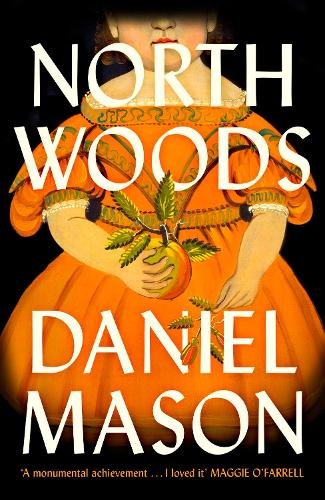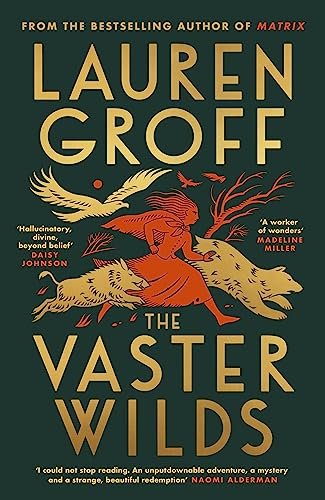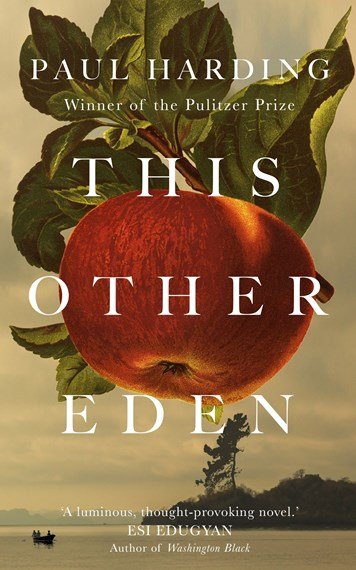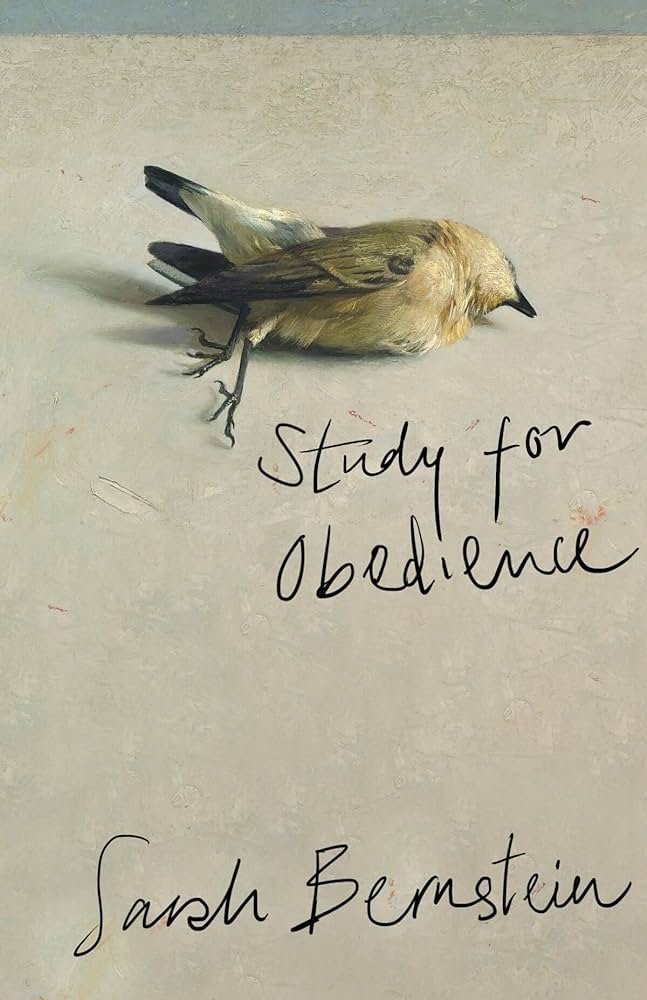I've followed The Women's Prize for Fiction for many years and found many great books through it. So it's quite exciting that they've just launched a sister award for Non-Fiction. In the past couple of years I've tried to incorporate more non-fiction into my reading. So it's wonderful to be presented with a range of titles about subjects as diverse as science, history, memoir, technology, literary biography, health, linguistics, investigative journalism, art history, activism, travel-writing and economics. Many are specialists in their fields who are publishing for a general readership for the first time. There are authors from Britain, America, Jamaica, Canada, Australia, India and the Philippines. I've only read one of these books thus far so I'm looking forward to exploring others.
Recently I read Naomi Klein's excellent “Doppelganger” which begins as a personal story about how Klein has often been confused online for the public figure Naomi Wolf for the simple reason they share a first name and hair colour. Both also often write about power structures – however, they come to very different conclusions. Wolf has recently led her listeners down paths of conspiracy theories and Klein has often received negative messages intended for Wolf. I can sympathize with how alarming this online confusion can be when several years ago I started receiving angry messages out of nowhere. Another man named Eric Anderson who is also a gay writer who is American and lives in England posted an article about why he believes men are naturally polygamous. In response, I started receiving furious messages from wives who accused me of trying to justify their husbands cheating. I was baffled at first until I tracked down the reason for this outcry. Klein broadens her confessions about her personal experience to a wider discussion about the literary and symbolic traditions of doubles.
However, she also uses her ideological divide between her and Wolf to contemplate the way we've become such a divided society. This has been exasperated by online culture and the crisis of the recent pandemic. It's really interesting how she traces the way people can quickly fall down conspiracy theory rabbit holes and how this can lead to sharply drawn political camps which are difficult to traverse. In this way, Klein gets at some of the most heated arguments in our culture today. She approaches this with great reason, thought and humour. “Doppelganger” has also been listed for The Writers' Prize alongside “Thunderclap” by Laura Cumming. I'm greatly looking forward to reading this other title which is a history of a deadly explosion and art. I've also been eager to read Anna Funder's book about Eileen O'Shaughnessy, George Orwell's wife whose influence upon his work has been largely unacknowledged until now. I probably won't have time to read all these books before the announcement of the shortlist on March 27 or the winner on June 13, but I'd like to read several more.
I’ve also made a video discussing all these titles which you can watch here: https://www.youtube.com/watch?v=RHj59NMFGCQ. Have you read any of these books? Which are you looking forward to reading?

























